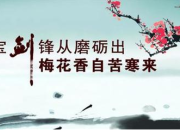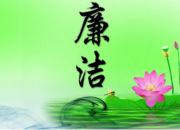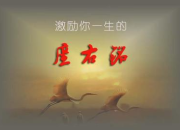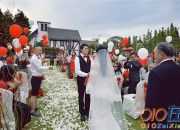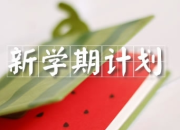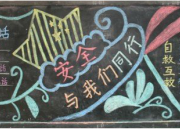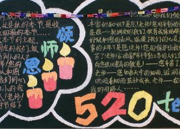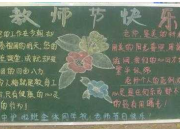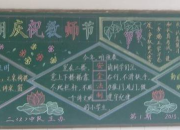威廉王子在央视宣传保护动物的英文演讲稿
时间:2021-08-31Ladies and gentlemen,
Never before have we had so many different ways totalk to one another.
In the distant past, written documents would becarried by hand across thousands of miles from Chinato Western Europe.
Today, we access knowledge from all over the world,through our mobile phones, at the tap of a key.
Wherever you are watching this programme – whether in this hall, at work, with your friends, orat home with your families;
Xièxiè. [Thank you.]
Hen gaoxing he ni jianmian. [I'm pleased to meet you.]
Thank you for welcoming me into your homes.
Many of the most important conversations we have in our lives, take place in the family home.
The home is where we learn from our parents and grandparents, teach our own children, andshare our stories and hopes for the future. It is where many of our ideas and values are firstkindled.
In that spirit, there is one subject I believe we have to discuss, around our family tables andacross the generations.
It concerns the future, and I know the Chinese are a far-sighted people.
It concerns particularly the environment, and I know that protecting China's rich and beautifulnatural heritage is important to all Chinese families.
It is the mass destruction and trafficking of iconic endangered species;
And it is time to talk about the growing human demand for illegal wildlife products that drivesthe trade and makes it profitable.
Today, we face an unprecedented surge in the brutal slaughter of iconic animals by poachers.
In South Africa, for example, one rhino was killed every month until 2005. But last year, threerhinos were killed every single day.
In the 33 years since I was born, we have lost around 70 percent of Africa's elephantpopulation. Of those that are left, 20,000 are being killed every year – that is 54 elephantskilled every single day.
At this rate, children born this year – like my daughter Charlotte – will see the last wildelephants and rhinos die before their 25th birthdays.
